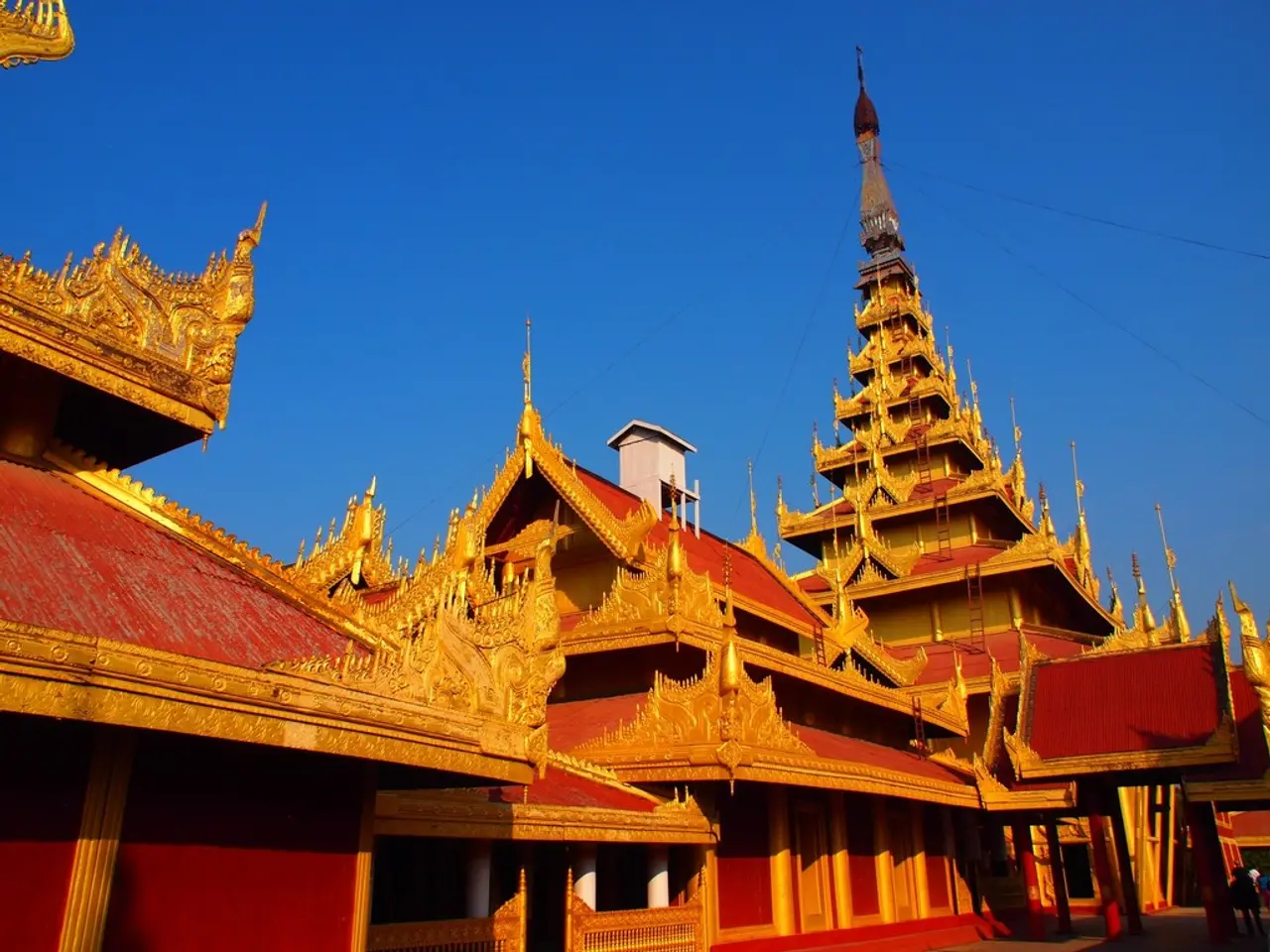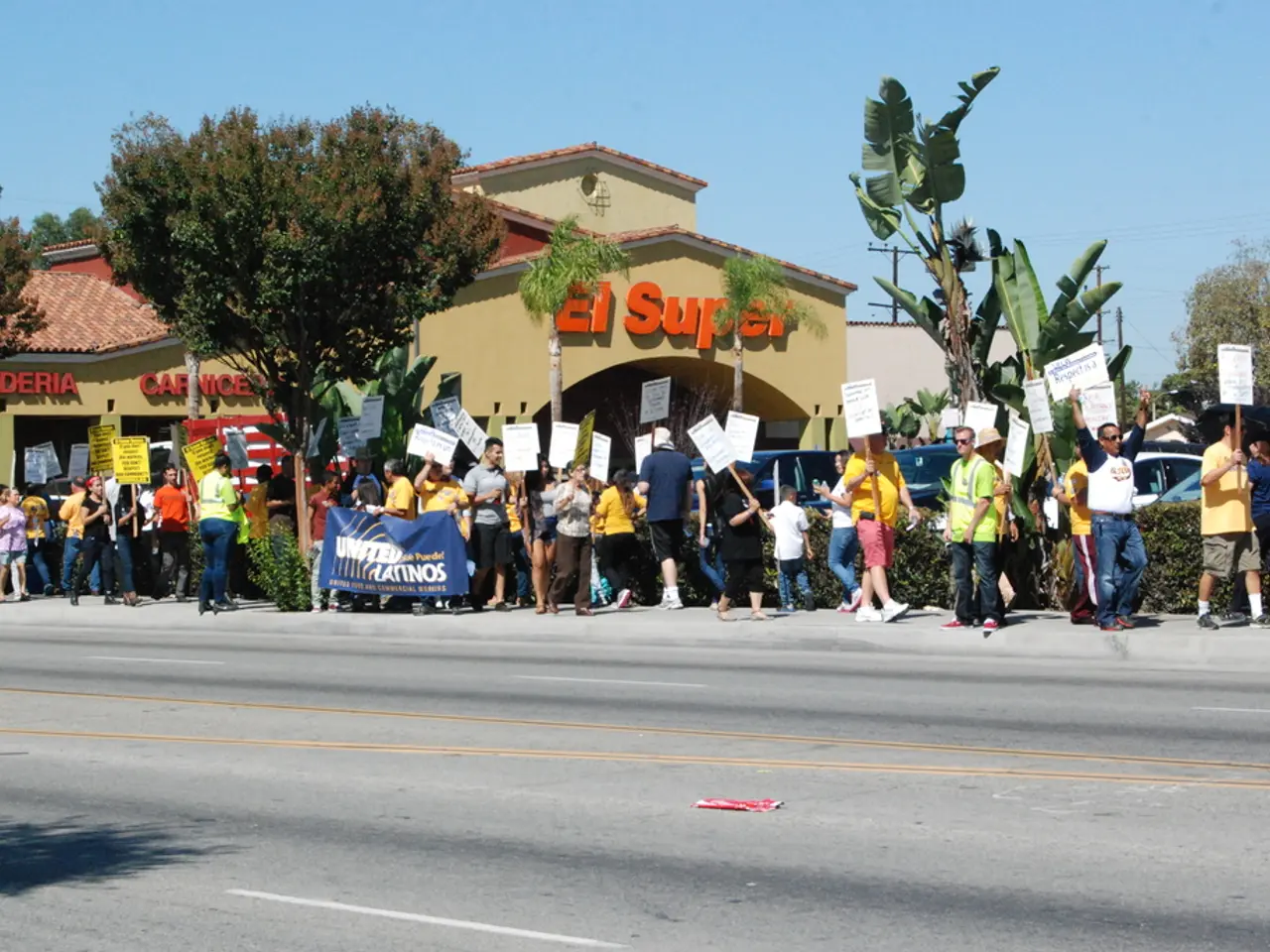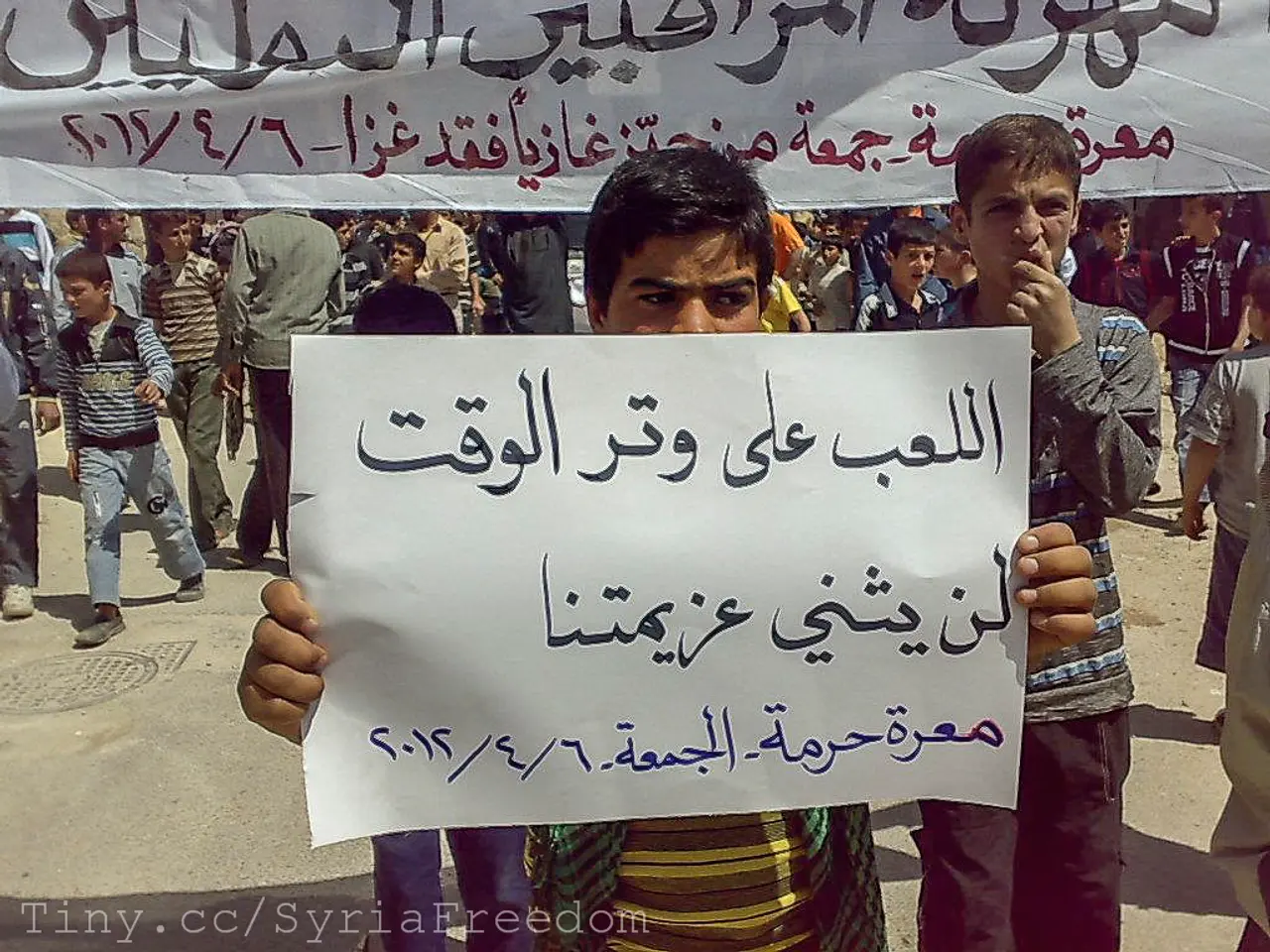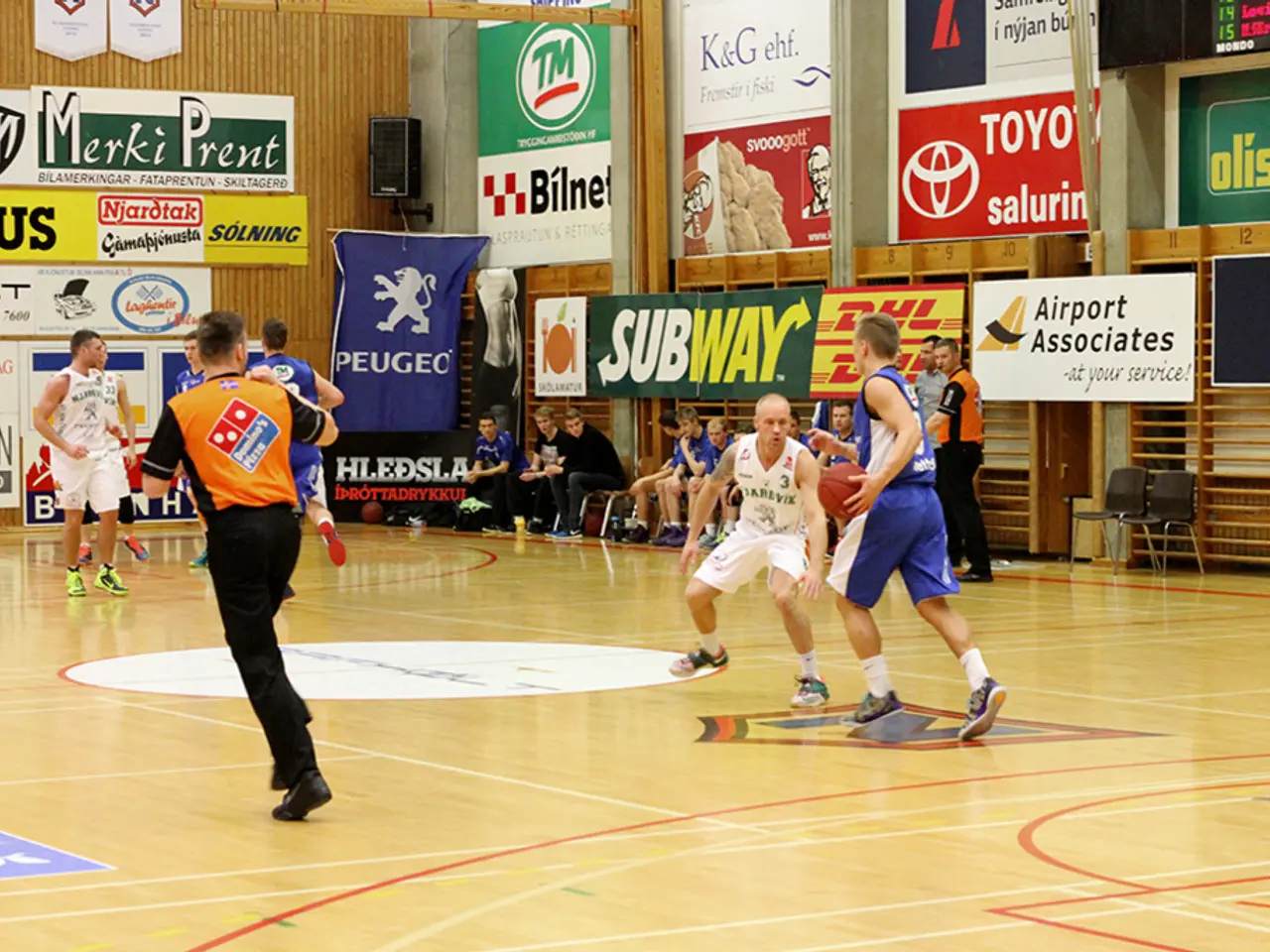Overcoming Obstacles: The New Leadership of Sri Lanka Faces Economic Obstacles
A New Dawn for Sri Lanka: President Dissanayake Faces Economic Recovery Challenges
Sri Lanka, a nation emerging from a crippling economic crisis, faces a new chapter under the leadership of President Anura Kumara Dissanayake. With a mandate to end corruption, promote equal justice, and modernise the public service, Dissanayake's government is embarking on a daunting mission to revive the stagnant economy, combat entrenched corruption, and reform the political landscape.
Amidst these challenges, the new administration is navigating complex international relations. Dissanayake has assured India that he will prevent any actions that might harm India's interests, especially regarding Chinese military presence in the region. The intent is to maintain a pragmatic foreign policy while addressing domestic challenges.
One of the most pressing issues is the economic recovery, which began after the country's crisis in 2022, remains incomplete. Citizens, like Niluka Dilrukshi, a mother of four, are expressing ongoing hardships related to the cost of living. The government is aware of the urgent need for tangible improvements in people's daily lives as they attempt to implement changes.
In the face of these challenges, Dissanayake's government is positioning itself to push through necessary reforms. With a landslide parliamentary victory, the National People’s Power (NPP) party now holds a two-thirds majority in the 225-member Sri Lankan parliament. This legislative majority could facilitate the enactment of difficult economic policies.
As the new administration negotiates with the International Monetary Fund (IMF), their priorities likely include fiscal consolidation, restoring investor confidence, and implementing structural reforms to meet IMF conditions and unlock financial aid. Typical strategies for recovery aligned with IMF programs include implementing fiscal austerity and revenue-enhancing measures, structural reforms to improve transparency, governance, and business environment, policies to stabilise exchange rates, and strengthening social safety nets to protect vulnerable populations during adjustment.
However, Dissanayake must balance the immediate expectations of the populace with the realities of ongoing negotiations with the IMF. The government's potential strategies include strict rule of law enforcement, comprehensive anti-corruption efforts, public service modernisation, and meeting IMF requirements to secure international financial support for sustainable growth.
The upcoming years will be pivotal in shaping the direction and stability of Sri Lanka's future. While the new administration has the goodwill of the public, it must also balance public expectations with commitments to international financial entities. Professor Jayadeva Uyangoda, a political analyst, has highlighted this challenge, stating that the new administration must navigate these complexities to ensure a prosperous future for all Sri Lankans.
All eyes are on President Dissanayake's administration as they grapple with domestic economic recovery and the implementation of critical policy-and-legislation, shaped by the General-news landscape. To address these challenges, they must strike a balance between the populace's immediate needs and negotiating with international entities like the IMF, ensuring a pragmatic and sustainable approach for the benefit of all Sri Lankans.








